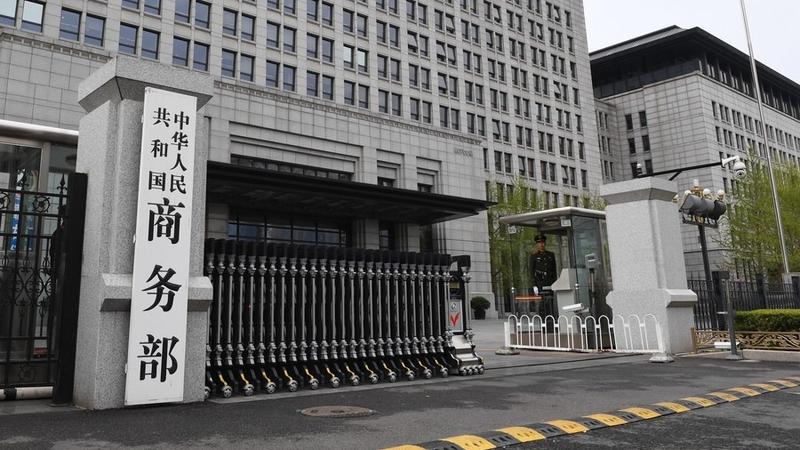 This undated file photo shows the entrance to the Chinese Ministry of Commerce in Beijing, capital of China. (PHOTO / XINHUA)
This undated file photo shows the entrance to the Chinese Ministry of Commerce in Beijing, capital of China. (PHOTO / XINHUA)
BEIJING — The Ministry of Commerce (MOC) said Thursday that exercising export controls on certain graphite products is a common international practice and that China's upcoming adjustment in related policies is not targeted at any specific country or region.
Starting Friday, the country will ban the export of artificial graphite materials and related products with high purity, high strength and high density, as well as natural flake graphite and its products, unless permission is granted.
In the process of policymaking, the MOC has extensively listened to the opinions of relevant industries and enterprises
READ MORE: US, Japan strike trade deal on EV battery minerals
MOC spokesperson Shu Jueting told a press conference that China has imposed temporary controls on the export of graphite products, including battery anode materials, since 2006 to fulfill international non-proliferation obligations and safeguard its national security and interests, and the upcoming new measures come as an improvement to the existing rules and actually lift controls on some less sensitive products.
In the process of policymaking, the MOC has extensively listened to the opinions of relevant industries and enterprises, Shu said, noting that China will always be committed to maintaining the security and stability of the global industrial and supply chains.
In terms of the country's export restrictions on industrial products and materials containing gallium and germanium taking effect from Aug 1, Shu said the MOC has approved some companies' export applications for gallium and germanium products that comply with relevant regulations.
READ MORE: Graphene moves from hype to reality
The ministry will continue to review other license applications and make decisions in accordance with legal procedures, Shu said.


